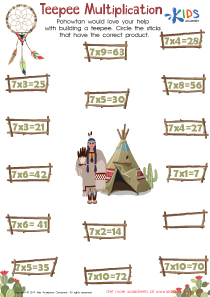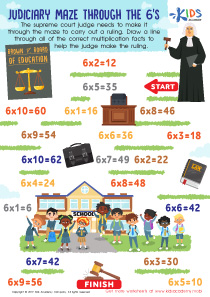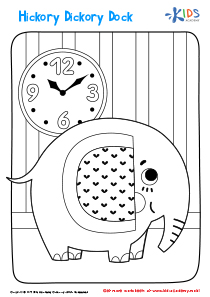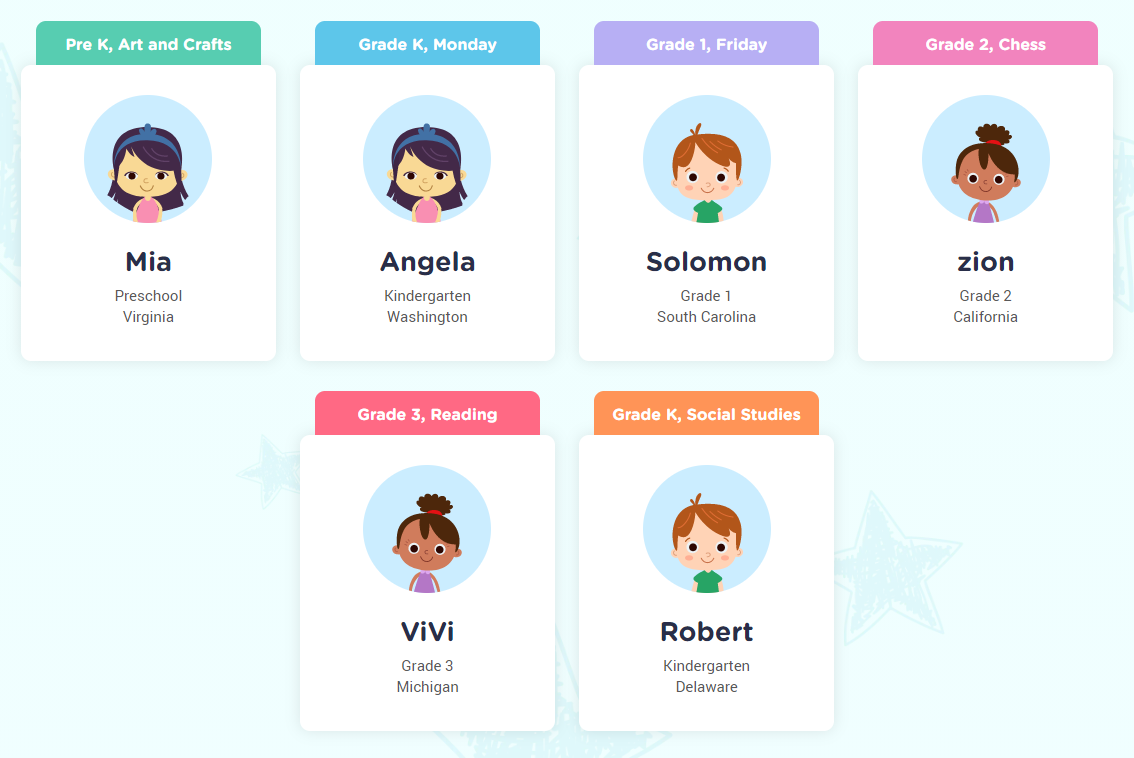Normal Common Vocabulary Quizzes for Ages 4-5
2 results
2 filtered results
Clear all filters2 filtered results
-
From - To
Introducing our Normal Common Vocabulary Interactive Assessment Quizzes, perfectly crafted for children aged 4-5! Embark on a delightful journey of learning and exploration with our series of quizzes designed to enrich your child's vocabulary. Tailored specifically for young learners, these quizzes not only test knowledge but also offer constructive feedback to reinforce learning. Engage your child in a fun-filled experience that beautifully combines education with entertainment. With content that resonates with their everyday experiences, our quizzes are the ideal tool for enhancing your child's command of common vocabulary, setting a robust foundation for their academic journey ahead. Start the adventure today!
In today's rapidly evolving educational landscape, the significance of foundational learning cannot be overstated, especially when it comes to the development of language and communication skills in young children. Among the myriad of tools and methodologies available to facilitate this crucial phase of learning, Normal interactive quizzes on Common Vocabulary for Ages 4-5 have emerged as an instrumental resource in enriching children's academic journey. These quizzes are not just another educational activity; they are a bridge that connects young learners to the world of words in a manner that is both engaging and effective.
Understanding the importance of vocabulary development at an early age is key to appreciating the value that these quizzes offer. Vocabulary is the building block of language and communication. For children aged 4 to 5, being introduced to Normal Common Vocabulary is akin to giving them the keys to a vast kingdom of expression and understanding. It is during these formative years that children are most receptive to learning new words and concepts, making it the ideal time to immerse them in language-rich interactions.
The Normal interactive quizzes designed for this age group are tailored to harness the natural curiosity and exuberance of young learners. They make learning an adventure, turning what could be a mundane memorization task into a lively and enjoyable experience. With a focus on Common Vocabulary for Ages 4-5, these quizzes cover a spectrum of everyday words that children are likely to encounter in their daily experiences, ranging from objects in their immediate environment to basic concepts and actions. This relevance to their everyday life not only aids in the retention of new words but also helps children make meaningful connections between the words they learn and the world around them.
One of the most compelling attributes of these Normal interactive quizzes is their adaptability and interactivity. Unlike traditional learning methods that might not cater to individual learning paces or styles, these quizzes offer instant feedback, allowing children to understand their mistakes and learn from them immediately. This process not only builds confidence but also encourages a positive attitude towards learning and self-improvement. Moreover, the interactive element ensures that children remain engaged and motivated, transforming the learning process from a passive to an active experience.
Moreover, the incorporation of Normal Common Vocabulary for Ages 4-5 in these quizzes supports cognitive development in multiple dimensions. It enhances listening skills, improves attention span, and fosters critical thinking and problem-solving abilities as children deduce meanings, make associations, and apply their newly acquired vocabulary in context. These skills are foundational not only for language development but for all areas of learning.
In conclusion, Normal interactive quizzes on Common Vocabulary for Ages 4-5 are a powerful tool in the educational toolkit of parents and teachers alike. By weaving together the threads of engagement, relevance, adaptability, and educational value, these quizzes lay down a robust foundation for language development. They not only enrich children's vocabulary but also bolster their confidence, pique their interest in learning, and equip them with the cognitive skills necessary for future academic success. In embracing these quizzes, we are offering our children a gift that goes beyond mere words; we are opening doors to endless possibilities of understanding, expression, and communication.












